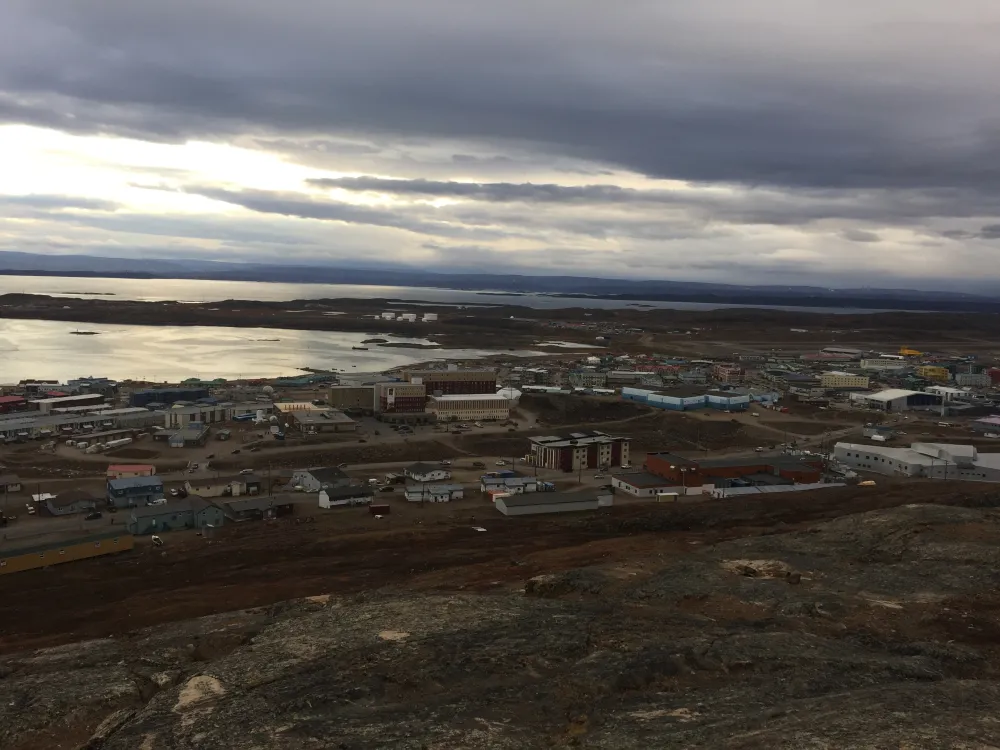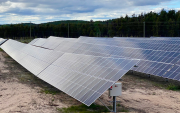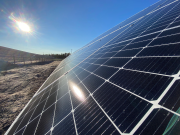Despite progress made in recent years in Canada’s move toward cleaner energy production, many remote Indigenous communities still rely on dirty and expensive diesel fuel for their energy needs. Of Canada’s 292 remote Indigenous communities, 257 of these rely entirely on their own micro-generation networks for electricity, primarily run by greenhouse gas emission intensive diesel generators. They need help transitioning to a cleaner, healthier and safer power source.
Impacts of diesel fuel
These communities collectively consume between 90 million and 120 million litres of diesel annually to meet their electricity demand. In addition to the greenhouse gas production and negative impacts air quality, transporting diesel fuel can result in soil and water contamination when spills occur.
Understandably, there was a lot of excitement when news hit earlier this month that the federal government would provide increased financial support to help remote Indigenous communities adopt cleaner energy systems. Details of the incentive are expected in the soon to be released federal budget announcement. Nevertheless, at least $50 million is pledged to help remote communities develop renewable energy projects and transition off diesel.
This is welcome news and a significant increase from previous federal initiatives. The last announcement on direct support for Indigenous communities and clean energy came just last year when $10.7 million over two years was pledged by Indigenous and Northern Affairs Canada to implement renewable energy projects in remote Indigenous and northern communities.
This momentum is testament to the increased attention and commitment coming from the provinces and territories, the federal government and other stakeholders that are working with and for Indigenous communities to ensure they are a part of their own clean energy future.
Clean energy systems coming to Indigenous communities
In late January 2017, the governments of Ontario and Winnipeg co-hosted the Pan Canadian Task Force on Diesel Fuel Reduction in Winnipeg. The meeting brought together representatives from all levels of government, industry leaders, academics, independents and environmental organization representatives to learn about community initiatives and to discuss strategies to further advance this progress.
Another example that is critical to the continued acceleration of clean energy systems in Indigenous communities is Lumos Energy’s 20/20 Catalyst Program. The program is entering its second year, building off its success from last year that saw Indigenous community leaders, clean energy mentors and other passionate people come together to share knowledge and build further momentum by creating champions in Indigenous communities.
Continued support needed
Policies that will accelerate change span both the human capacity and financial hurdles many communities are faced with. Communities require continued support so they are aware of their options, in a position to raise equity and able to be financial partners and beneficiaries in clean energy projects.
Financial policies are needed to boost community ownership and attract private investment. The federal carbon tax being introduced in 2018 will further help with the economics of projects by favouring clean energy systems that rely on sun, wind, water and earth and deter diesel systems. Fiscal policies that contribute to positive economics of clean energy projects should be explored. Examples include providing investment capital through the upcoming Canadian Infrastructure Bank (that provides low-interest guaranteed government loans), carbon pricing mechanisms and even power production incentives. These production incentives can create a tipping point where clean energy systems will have long-term economic advantages over status-quo diesel systems.
The World Wildlife Fund, as part of their Arctic Renewable Energy program is doing a deeper dive this year into project financial barriers and how to overcome them.
The Pembina Institute is encouraged by the momentum in this space we’re looking forward to the details of the federal budget. In Alberta, we’re assisting the provincial government—as part of its Climate Leadership Plan—with its initiative to transition its eight remote communities to clean energy solutions.
At the heart of this movement is the recognition that these legacy diesel energy systems have negative environmental, health, economic and social impacts, and their elimination is a positive path forward for Canada and contributes to our Truth and Reconciliation commitments. Indigenous peoples of Canada will once again be harvesting energy from the wind, sun, water and earth with very little impact on their traditional lands.









